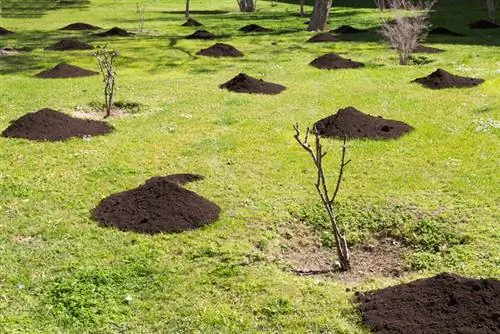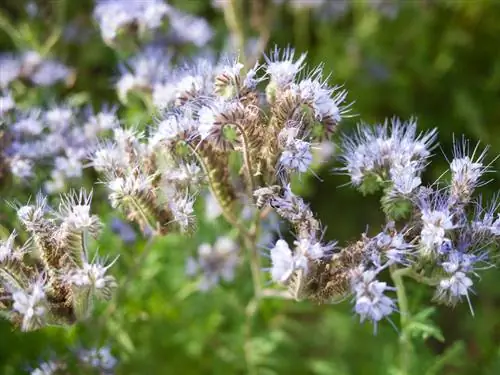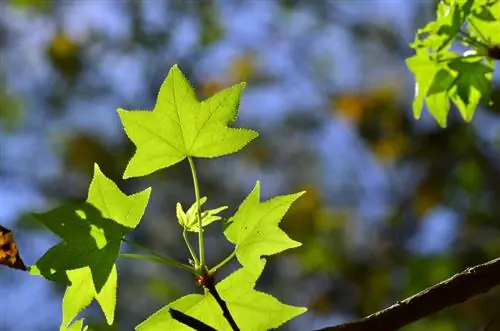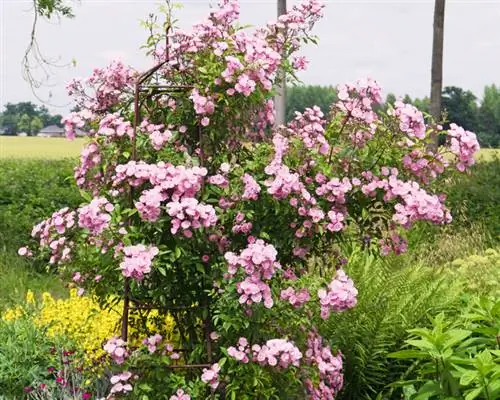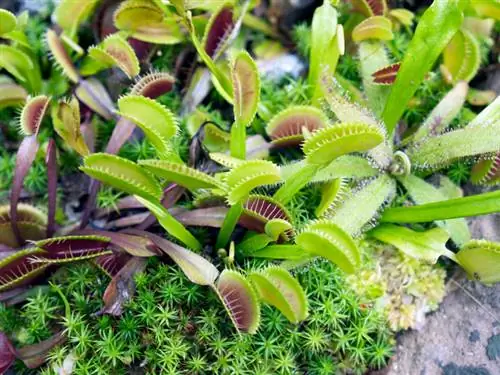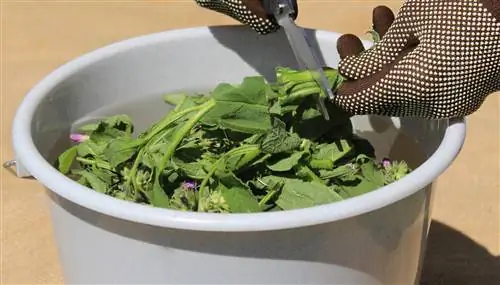- Author admin leonars@hobbygardeners.com.
- Public 2023-12-16 16:46.
- Last modified 2025-01-23 11:20.
Roses are extremely heavy feeders and require an adequate and, above all, correctly composed supply of nutrients. In addition to the question of which fertilizers are actually suitable, the right time to fertilize also plays a major role. This article outlines various annual plans for optimal fertilization with different forms of fertilizers.
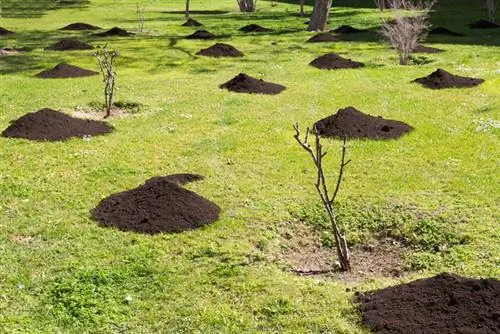
When should you fertilize roses?
The optimal fertilization of roses should be in early spring with purely organic fertilization (e.g. B. Cattle manure, horn shavings), add more compost in May to June and carry out the final fertilization in October to November. For mineral fertilization, start between mid-March and the end of April, then the beginning of June to mid-July and end between the middle and the end of August.
Annual plan for purely organic fertilization
It's best to fertilize your roses with purely organic products, as cow manure and horn shavings provide the plants with all the important nutrients. In addition, with organic fertilization, the risk of over-fertilization - to which roses react very sensitively as well as inadequate supply - is extremely low. Organic substances only decompose gradually and very slowly, so that the nutrients reach the rose gradually (as they are needed) and not all at once. Furthermore, organic fertilization stimulates soil life by promoting “good” bacteria by manure and compost. Preferably fertilize with cattle manure, as compost should primarily be used for the purpose of improving the soil.
Start organic fertilization very early in the year
If the weather is right - the ground should no longer be frozen - start spreading cattle manure, horn shavings and / or compost in February, but no later than the end of March. Work the fertilizer in well and loosen the top layers of soil after the long winter to activate the soil. In the months of May to June, mature compost is added again before flowering. The final fertilization (ideally with cattle manure and/or compost) takes place again in late autumn between October and November. This point in time differs from the other fertilization schedules, because mineral fertilizers etc. should no longer be fertilized in autumn.
Provide roses with mineral fertilizers
Mineral short-term fertilizer should only be administered very carefully in doses in order to avoid unnecessary environmental pollution (e.g. groundwater). In any case, many gardens are oversupplied rather than undersupplied, particularly with nitrogen. Depending on the weather, you start the season with short-term fertilizers between mid-March and the end of April, then fertilize again between the beginning of June and mid-July and end this fertilization cycle with the administration of potash fertilizer between mid- and end-August. Potash fertilizers are generally said to increase frost hardiness, so adding them in late summer can't hurt. However, it is more important for the new shoots to ripen in time before winter that nitrogen is no longer given from mid-July onwards. However, you can make fertilizing easier by adding long-term mineral fertilizers, which only need to be given at the beginning of the season in March.
Tip
So-called special rose fertilizers (€10.00 on Amazon) are available in stores, which usually consist of a combination of organic and mineral components and have been specifically mixed for the special needs of roses. These are usually applied once in March and once in early summer (preferably before flowering).

